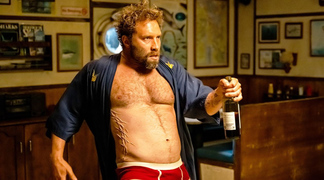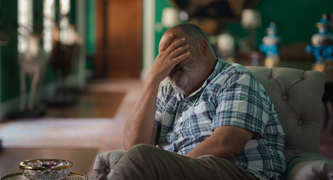The Great White Whale: A forgotten expedition remembered onscreen
Lleyton Hughes
20 July 2025, 1:00 AM
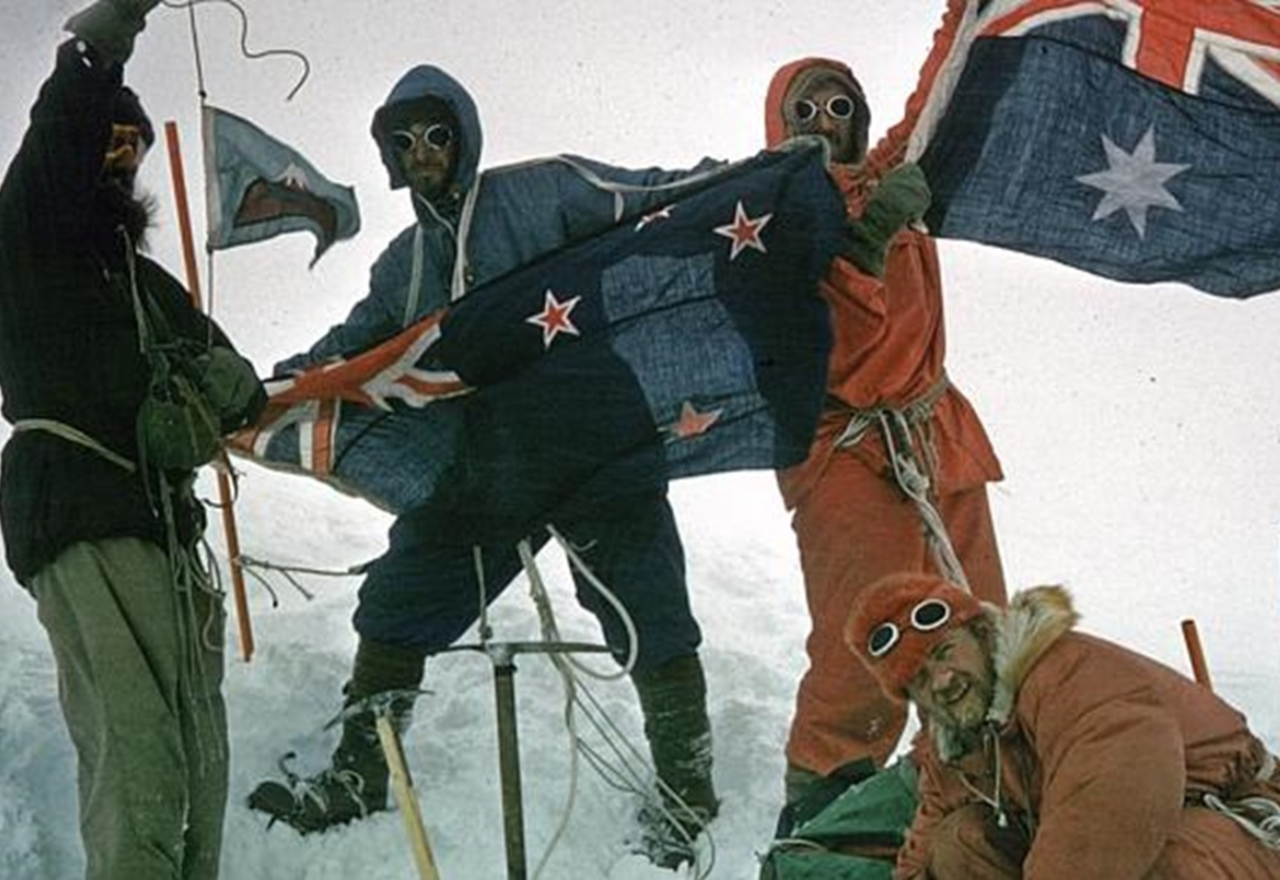 Four members of the expedition to Big Ben on Heard Island. Photos provided.
Four members of the expedition to Big Ben on Heard Island. Photos provided.About halfway between Australia and South Africa lies the remote Heard Island, an Australian territory that few people have ever seen. On it stands a snow-covered volcano called Big Ben - technically recognised as Australia’s tallest peak.
Among explorers and sailors, the mountain is also known by another name: The Great White Whale - a nod to Herman Melville’s Moby Dick.
That evocative moniker now serves as the title for Michael Dillon’s new documentary, which tells the story of ten men who travelled and eventually climbed the formidable peak.
The film opens with the first serious attempt to scale Big Ben, undertaken in 1963 by a three-man team. Their near-death experience - documented with graphic intensity in the film - saw them nearly perish in five different ways.
Despite the harrowing outcome, two of the climbers, Dr Grahame Budd and Warwick Deacock, became obsessed with trying again. In 1965, they assembled a new team to make a second attempt.
Director Michael Dillon, who would later become a celebrated adventure filmmaker, was involved in the 1965 expedition - but only from the sidelines.
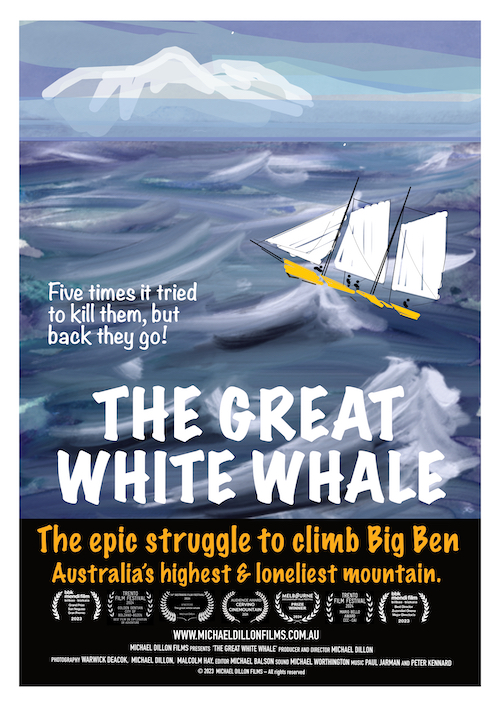
The Great White Whale film poster. Photos provided.
“I was in my early 20s and helped them prepare, mostly with their boats,” Dillon recalls. “I was too young to go with them, but these people became lifelong friends.”
Decades later, as the surviving members of the expedition reached their 80s, Dillon knew the time had come to tell their story.
“They had taken so much film footage, and it was such an incredible adventure,” he said.
“They sailed through rough seas for months on a boat without a toilet just to reach Heard Island. And then they climbed the mountain - filming all the way.”
By combining the 16mm footage with contemporary interviews, The Great White Whale brings the expedition vividly to life.
One of the film’s standout features is the footage itself, which has been digitised and preserved in remarkable clarity. It plunges the viewer into the rawness of the voyage - the crashing waves, the camaraderie, the vast, icy isolation of Heard Island.
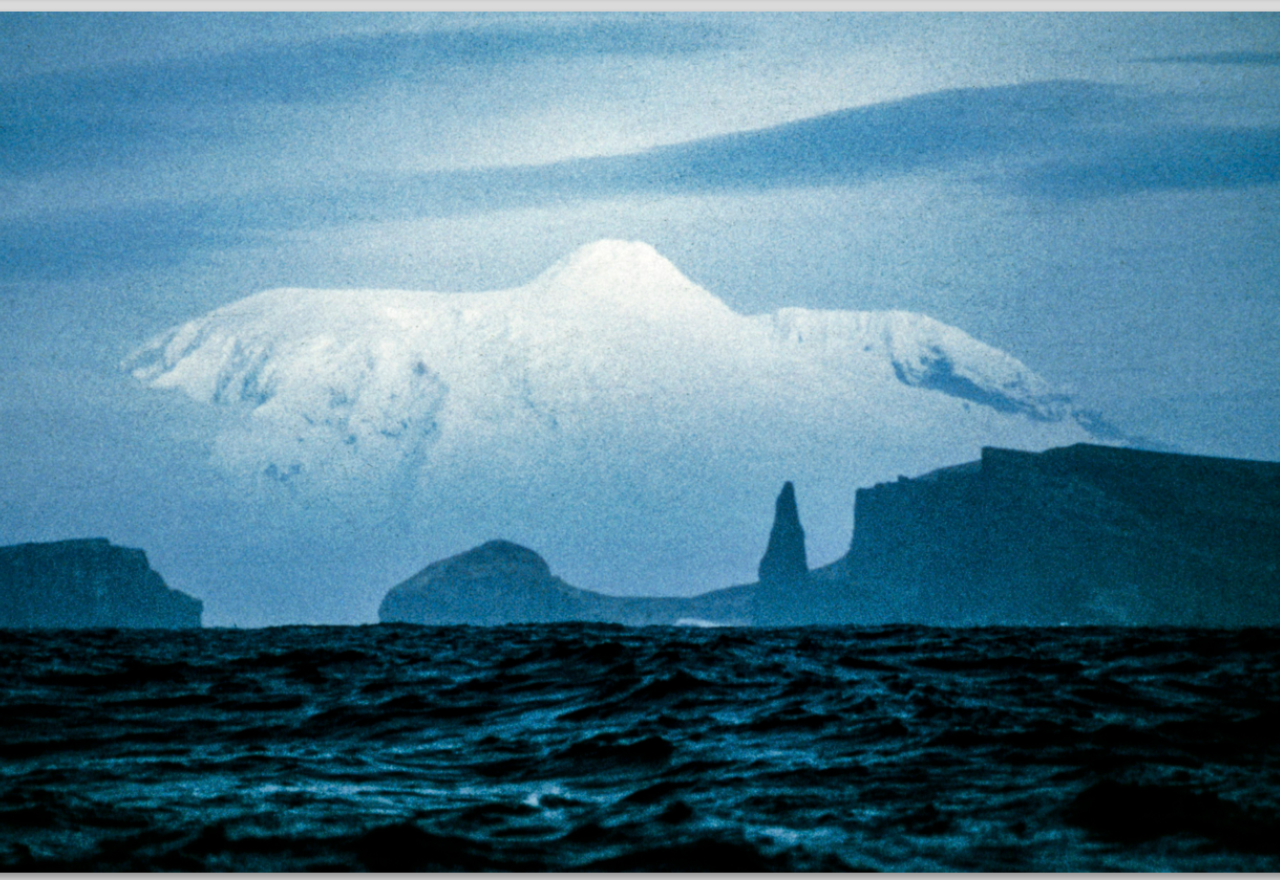
The Great White Whale itself, Big Ben. Photos provided.
“There were two very experienced cinematographers on the crew, and they did a fantastic job under brutal conditions,” Dillon said. “They shot about three hours of film, and today it looks amazing on the big screen.”
Some of the imagery feels like unearthed treasure: endless fields of penguins, untouched wilderness, and the contrast between an immense natural world and the tiny human figures within it.
“It’s such a beautiful island - completely unspoiled. No introduced species,” Dillon said. “As one of the crew says in the film, it’s a real treasure. I wanted Australians to know about this incredible, unknown place.”
Supporting the archival footage are interviews with surviving crew members, including one particularly charismatic storyteller who contributes sea shanties to the soundtrack, deepening the film’s sense of time and place.
Their recollections are steeped in nostalgia and passion, as if a part of them never truly left the island.
“That really surprised me,” said Dillon. “It had been nearly 50 years since the expedition, but the memories were still fresh. That’s the power of doing something so adventurous - it stays with you forever.”
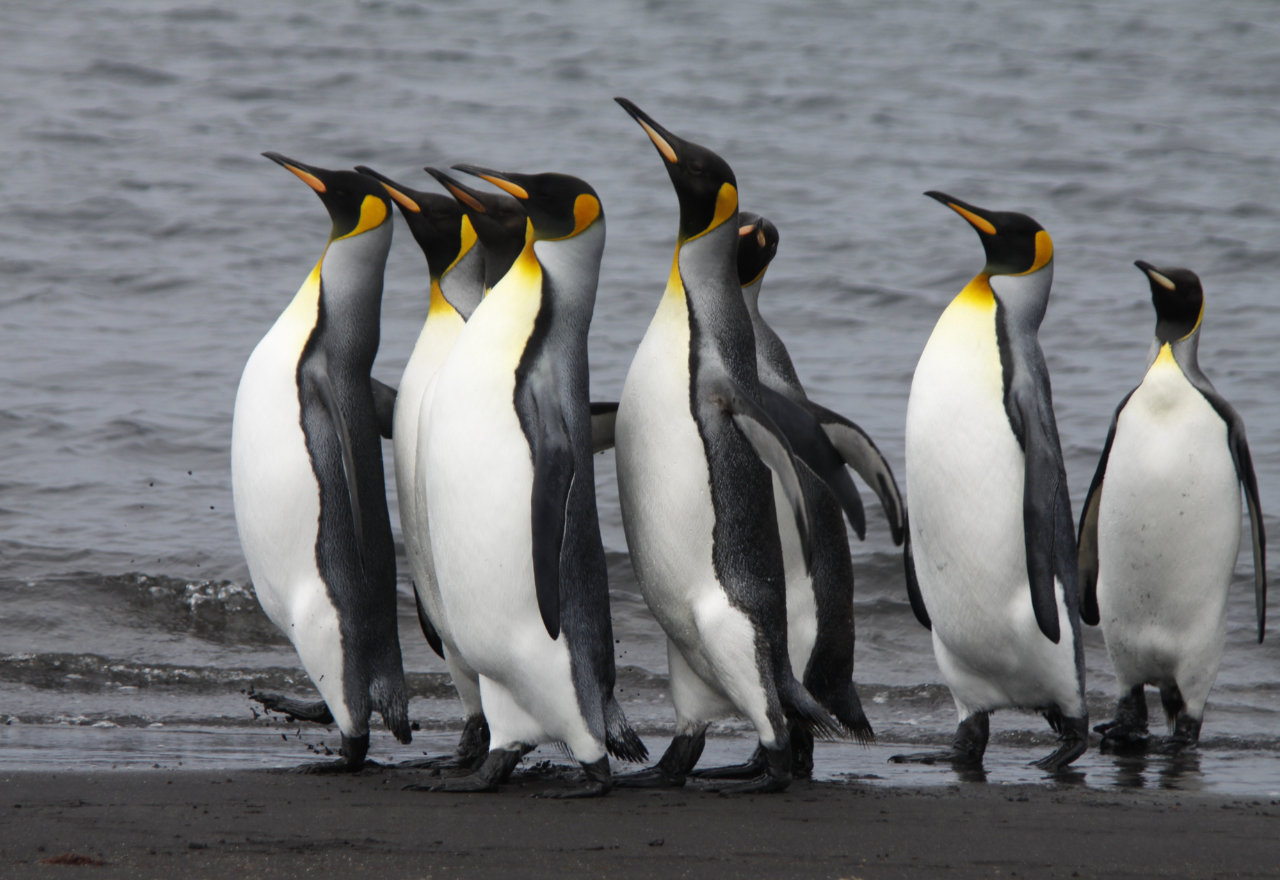
Some of the wildlife that the crew encountered on Heard Island. Photos provided.
Dillon believes the modern world has lost some of its hunger for adventure, and he hopes The Great White Whale might reignite that spark in audiences.
“Even though it was just 60 years ago, the world was so different then,” he said. “These people set off with barely any equipment, no toilet, just a spirit of discovery. That kind of boldness is fading.”
He hopes the film will encourage viewers to disconnect from their devices and reconnect with the world around them.
“We’re only here for a short time,” Dillon said. “It’s a beautiful planet, and we should get out there and explore it.”
At once thrilling and reflective, The Great White Whale captures not only an extraordinary expedition but also a vanishing era of wild, unfiltered nature - and the people who still carry it with them in memory.
The Great White Whale screens at Huskisson Pictures on 3 August at 2:30pm, followed by a Q&A with director Michael Dillon.
More info: https://huskipics.com.au/movies/the-great-white-whale-2/
NEWS


